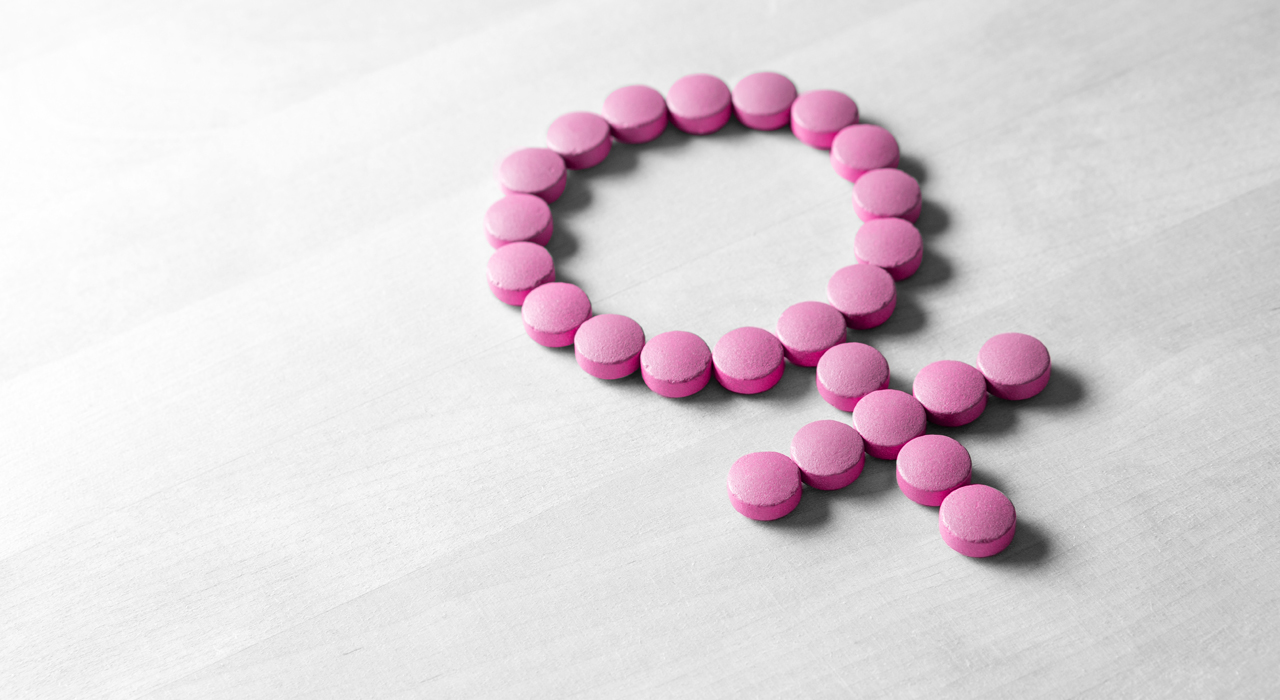Health
8 Ways to Balance Hormones Naturally
Your body naturally creates and utilizes hormones that control many different functions of the body. Hormones play a crucial role in metabolism, mood, weight loss and gain and much more.
Our endocrine system is responsible for regulating the distribution of these hormones and keeping the body in homeostasis. However, hormone imbalances are becoming increasingly common due to our lifestyle and environment. Hormones are also influenced by our nutrition, so the way we choose to eat and how we live our lives can dramatically improve hormonal imbalances and decrease symptoms.
1 Avoid Processed Sugars
Refined sugars and sugar alcohols can do a number on your digestive system. If your gut is having to work overtime to process these chemicals, it’s having to recruit energy from other systems of your body. Ever feel extremely worn out, tired and lethargic after a high carb/high sugar meal? Yep. That’s why. And while “low calorie” and “sugar free” options may seem tempting, avoid these like the plague! The sugar alcohols may help drive down calorie consumption in the short term, but the long-term effects upon your gut microbiome are not worth the short-term calories saved. Long-term damage to your gut can result in IBS symptoms, further hormone imbalances and issues around losing weight.
2 Manage Stress
The stress hormones, cortisol and adrenaline are solicited when your body feels it is under siege. This could be from mental stress in the workplace or at home, but also from lack of sleep, poor diet, lack of water, over-training, under-training, and emotional duress just to name a few.
While some stress is necessary to solicit change (we don’t change unless forced to!), chronically elevated stress hormones can cause increased calorie intake, weight gain (especially around the mid-section), high blood pressure, and more.
To combat stress, focus on stress-relieving activities like meditation, journaling, yoga, and massage. Taking a mental time out when you feel your heart rate rapidly increasing and building in “you” time for rest and recovery, is crucial to maintain a healthy hormone balance and overall health.
3 Watch Caffeine
While caffeine can sometimes increase productivity and energy, the body eventually adapts to its affects. As a result, we increase our consumption. But too much caffeine can wreak havoc on our endocrine system. Caffeine solicits our “fight or flight” response which again, increases cortisol and our body’s stress response. If stress is already present, the addition of caffeine can exacerbate these hormonal responses. What’s more, we typically reach for that second or third cup after a night of poor sleep, which already means our bodies are under duress!
4 Increase Healthy Fats
Healthy fats are crucial for hormonal balance. They not only help regulate insulin and keep us satiated longer, but Omega-3 fats have been shown to have anti inflammatory properties. Some research has suggested that these healthy fats are effective in reducing cortisol and stress in the body. In addition, Omega 3s may be helpful in reducing insulin resistance in those with PCOS (polycystic ovarian syndrome) and diabetes.
Furthermore, consuming healthy unsaturated fats releases satiety hormones, including GLP-1, PYY and cholecystokinin (CCK), that keep us fuller longer and more energized.
5 Get Enough Sleep
Getting enough sleep is crucial to hormonal health. Your body is constantly working to provide the energy needed to power your daily activities. But in order to keep running efficiently, it needs down time to recharge the batteries.
Not getting enough sleep increases the stress and strain on your body. Once again cortisol levels rise and throw your hormones out of balance. Your body may even try to cut corners to continue to provide you with the energy you’re demanding. If you have prolonged lack of sleep, your body will borrow energy from other systems of your body which then throws you out of homoeostasis and hormonal rhythm.
6 Make Sure You’re Eating Enough
Typically, we think that as long as we are not overeating we won’t gain weight. But this mentality often leads to undereating which can be just as problematic. That’s because low-calorie diets increase cortisol in the body. As mentioned above, cortisol plays a key role in regulating hormones.
Furthermore, if calories remain low for a period of time, the metabolism eventually adapts. Which means that if we eat more than our sub-1200 calorie diet, we could wind up creating a caloric surplus which will result in weight gain and some studies say can even lead to insulin resistance and certainly yo-yo dieting.
Remember, the body thrives in homeostasis (balance), so continuing to toggle between overeating and restricting can severely impact hormonal health.
7 Supplement
Ideally we want to get all our foods from natural sources – ie the foods we eat. But unfortunately in today’s world, the foods we eat are often processed and stripped of their natural nutrients. In addition, chemicals and hormones are often added to genetically modify food supplies in an effort to keep up with the growing demand.
Therefore, it is usually a good idea to supplement. A multi vitamin with Vitamin D, C, and Vitamin B is a good place to start. Vitamin D, known as a pre-hormone, has been shown to help in hormone regulation. It can also be obtained from the sun, which is why those in grey weather climates may benefit even more from supplementation.
Vitamin C helps in immune function and Vitamin B is crucial in energy balance as it plays a role in converting the food we eat into usable energy.
Magnesium is crucial for many functions in the body including muscle and nervous system functions, regulating blood sugar and blood pressure and strengthening bone tissue.
Fish oil is an Omega-3 healthy fat and as mentioned earlier, crucial for hormone regulation.
Digestive health is also super important. The gut is often referred to as the ‘second brain”. So being sure to keep up with gut health and healing leaky gut issues is paramount to hormone regulation. A probiotic and/or digestive enzyme is a great place to start to help healthy gut function and digestion. Thyroid health and regulation has also been linked to the gut biome.
8 Exercise Smart
If you’re already experiencing symptoms of hormonal imbalance, trying to push your body even further and cause deeper physical stress and is not the answer. Focus on more light or moderate-intensity workouts like walking or jogging. Trade in a 7-day split for a 3-4 day split and use the rest days for some relaxing exercise like swimming or yoga.
Focus on weight and resistance training as these can help with regulating hormones and the feel-good receptors – dopamine and serotonin. But know when to rest and allow your muscles the time to recover after lifts.
Summary
In summation, if you’re feeling like you’ve tried everything and your body is just not losing weight, it might be time to take a look under the hood. While a blood test will help pinpoint specific hormonal balances, the above holistic methods may help regulate without a prescription. Give these a try and stay consistent. Your body needs to be shown consistency in order to adapt and change. Furthermore, adopt these healthy habits to not only reach your goals through balancing your hormones and regaining your health, but also be able to sustain these results long term!






















